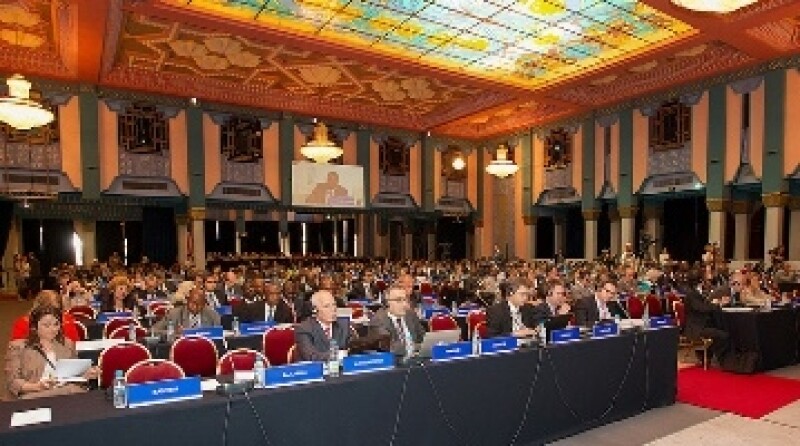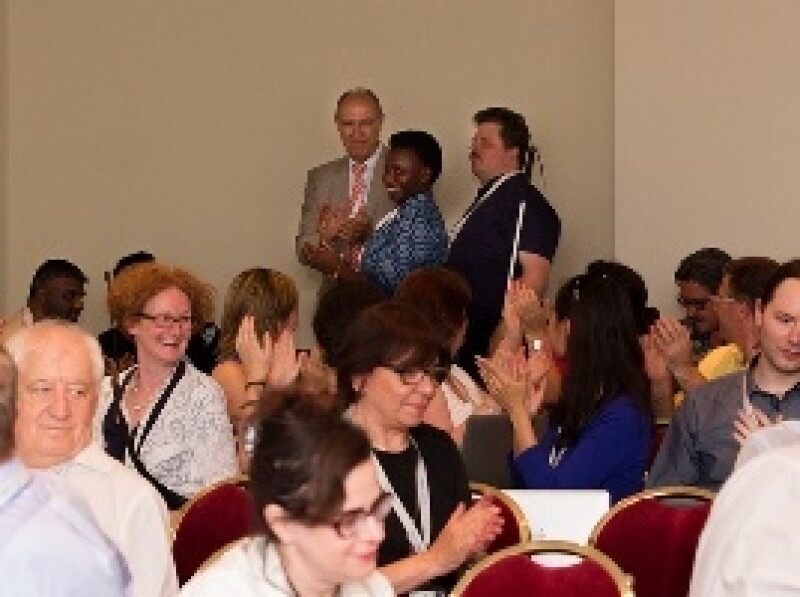
More than 600 negotiators from WIPO’s 186 member states have been meeting in Marrakesh to finalise a deal to improve access for the blind, visually impaired, and print disabled to published works in formats such as Braille, large print text and audio books.
Although the final text of the deal is not expected to be published until later today, groups attending the negotiations say that it will allow materials for the visually impaired to be sent across borders and for technical protection measures designed to prevent copying to be broken.
Work on the treaty has proved controversial, with some rich countries – notably the US – and copyright owners concerned that an international deal harmonising so-called limitations and exceptions to copyright laws could set an unwelcome precedent that could prejudice IP owners’ rights in the future.
Until now, each state has been able to set its own limitations and exceptions to copyright law under the Berne Convention, but these apply only in the country concerned. Many groups advocating on behalf of visually impaired people had argued that this patchwork of rules made access to audio books and works in Braille difficult in a digital, increasingly globalised world.
The deal agreed overnight in Marrakesh was described by WIPO director-general as “not just a treaty but a good treaty”.
It is also a victory for blind groups and their supporters.
"The WIPO treaty better than I could have hoped for,” said Maryanne Diamond, The World Blind Union's representative at the Marrakesh meeting. “We stayed firm and as a result all of the key issues for blind people remain in the final text … We are exhausted but thrilled with the outcome.”

IP activist group KEI declared itself “very happy” with the agreement: “There were a few areas where the treaty could have been better, but these are areas of minor quibbles. The first order issues all went in favor of blind persons. The treaty will provide a dramatic and massive improvement in access to reading materials for persons in common languages, such as English, Spanish, French, Portuguese and Arabic, and it will provide the building blocks for global libraries to service blind persons.”
Documents released by the USPTO following a freedom of information request submitted by KEI reveal the extent to which copyright owners had lobbied US officials over their concerns about the proposed treaty. One of the ideas they promoted was that only countries that had ratified and implemented the World Copyright Treaty be able to sign this new treaty on visually impaired people.
Today, however, the MPAA, which represents the American film industry, issued a joint statement with the US National Federation of the Blind congratulating negotiators on securing a deal.
The treaty is expected to be signed by WIPO member states on Friday. Stevie Wonder is due to be on his way to Morocco after promising to attend if negotiators agreed a deal.
“Let’s get this “Signed, Sealed, Delivered” Wonder sang in a video statement to them last week. ”Do this and I will come to Marrakesh and we will celebrate together.”









